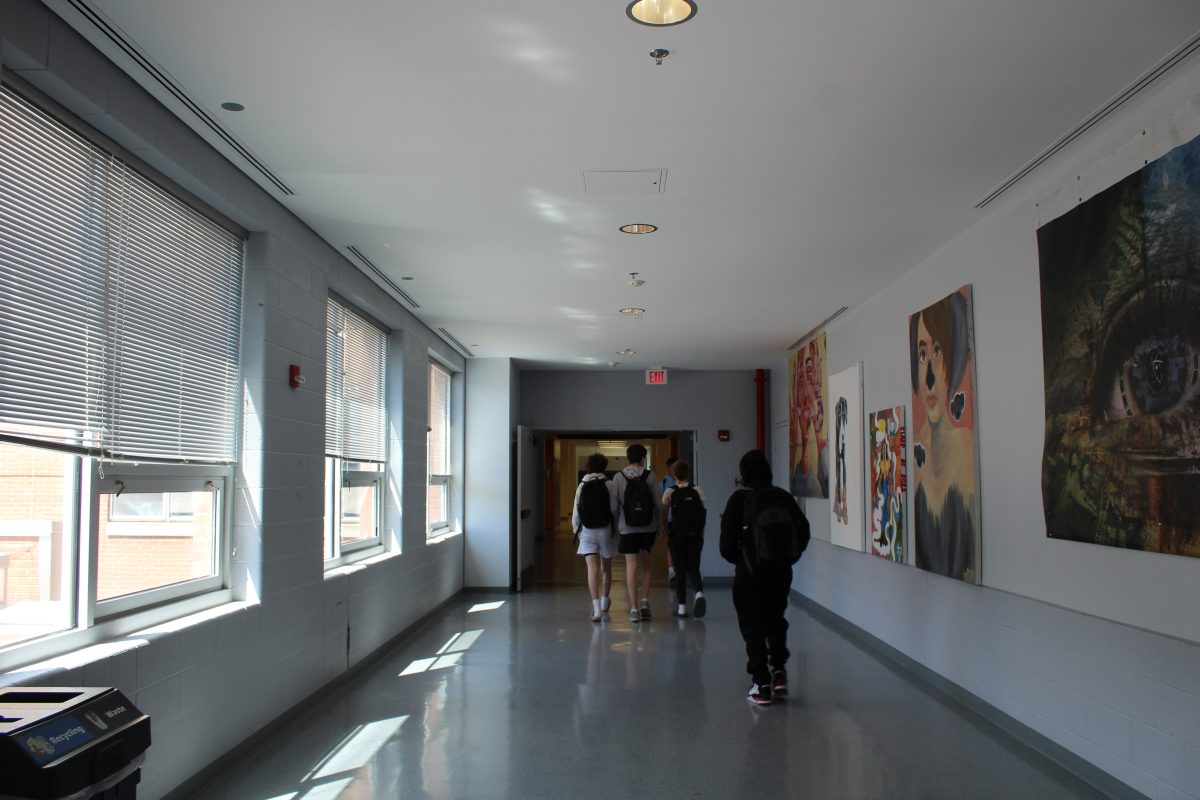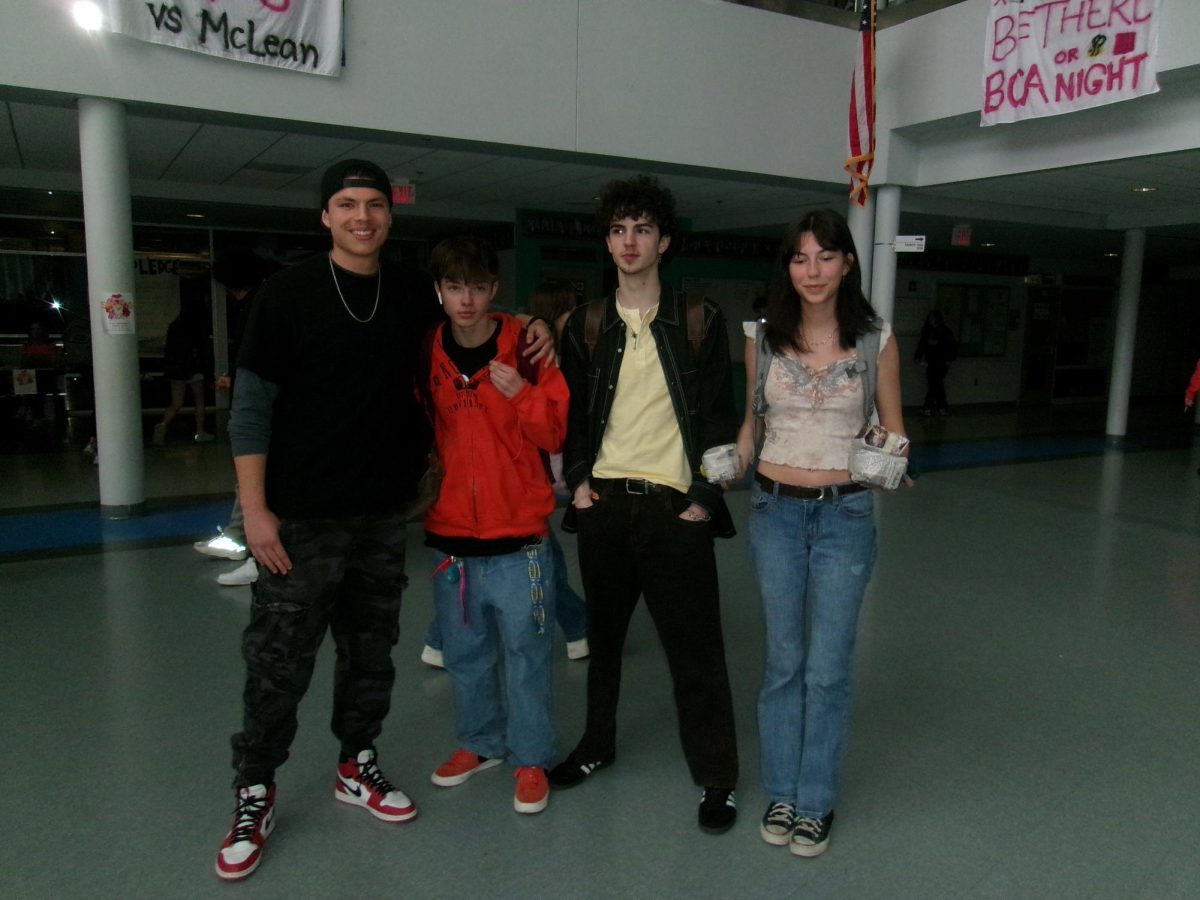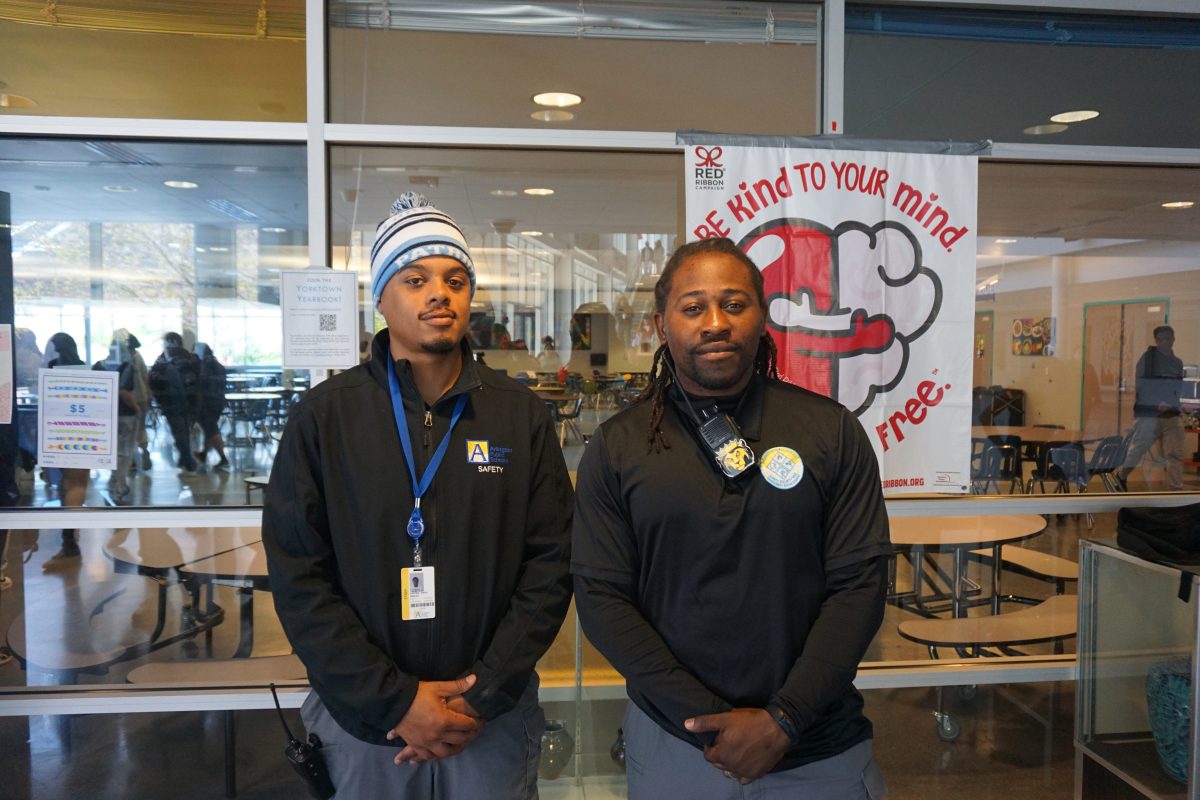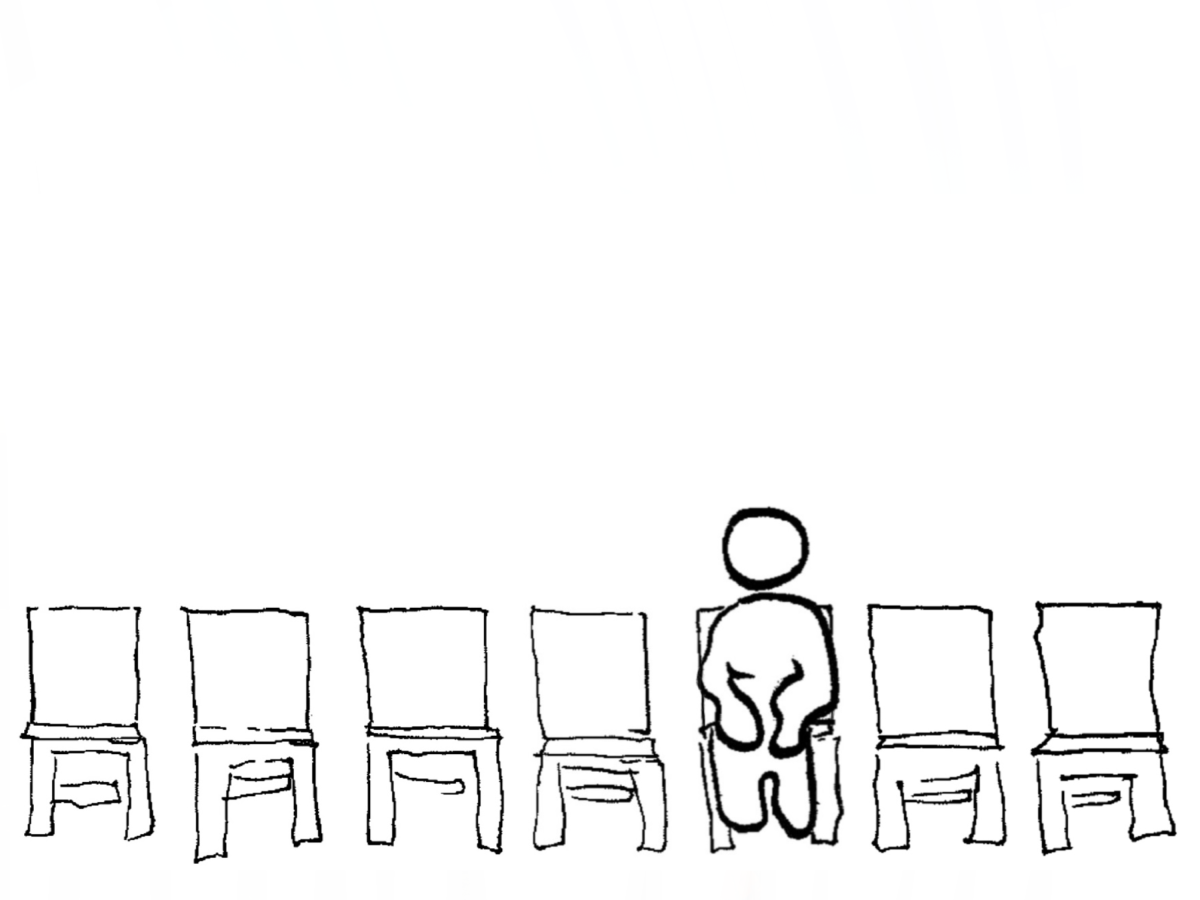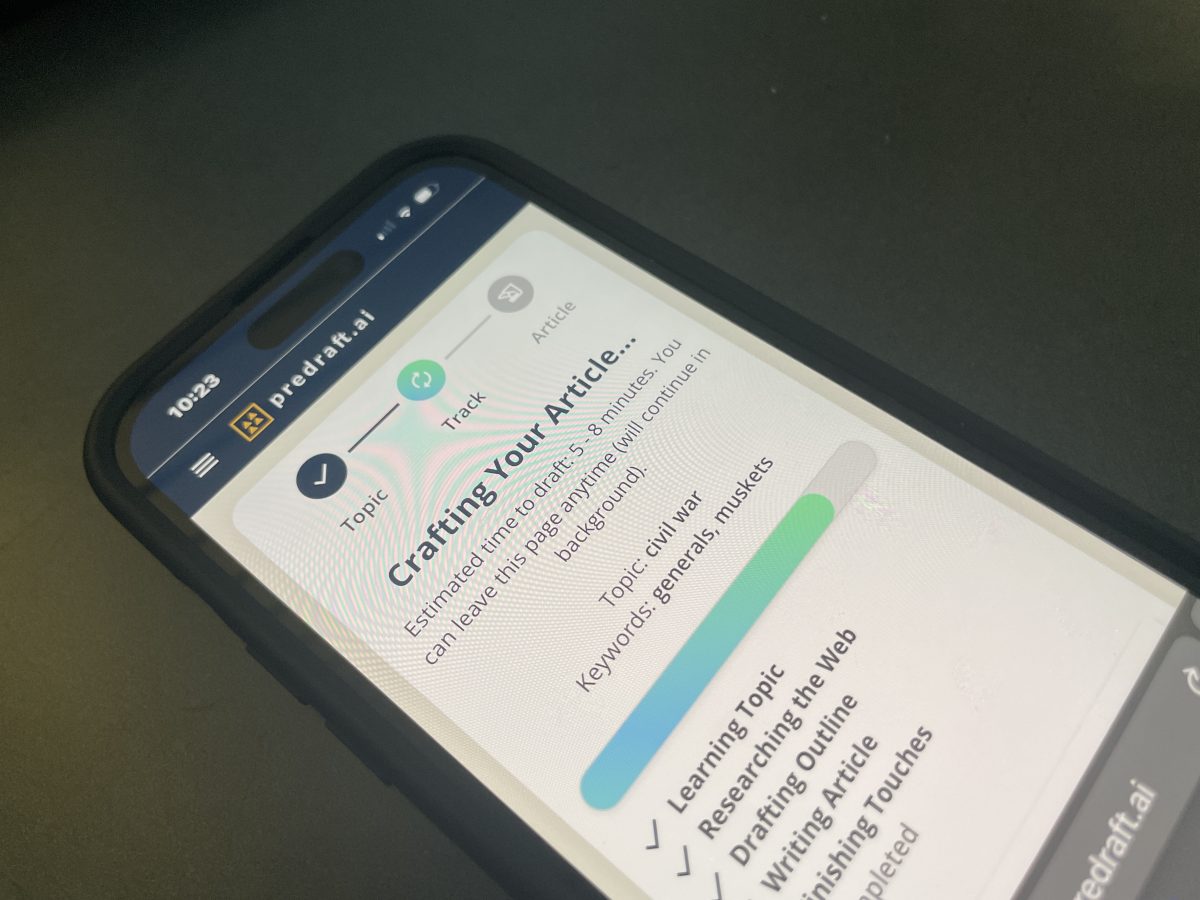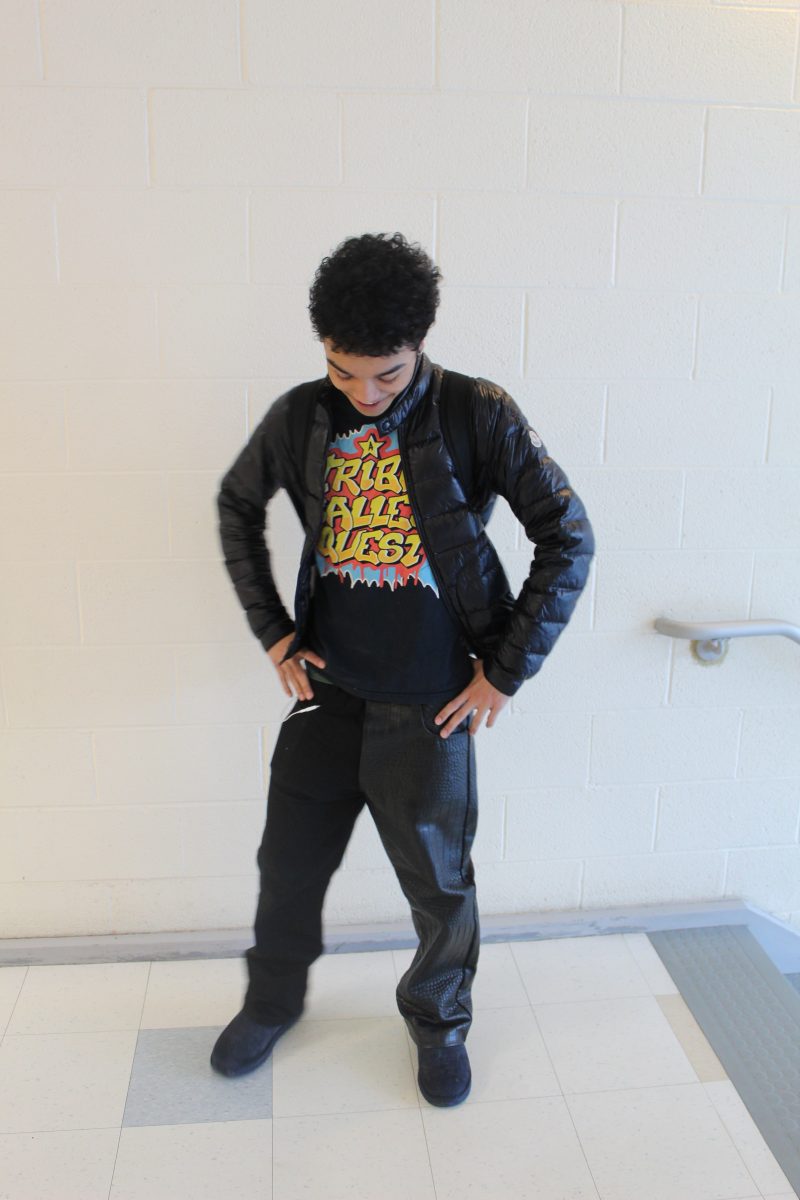Founded in 1984, the annual TED conference is a celebration of culture that allows some of the most influential and clever people of our time to share their original ideas and theories. The list of people who have given TED Talks include some of the most notable figures of our generation; Bill Clinton, Stephen Hawking, Jane Goodall and even Pope Francis have each given individual speeches. With the 2019 conference coming up in April, now seems like a great time to take a look back at some of the best TED Talks ever. There have been over 2,500 talks, so picking the best five was no simple task. Nevertheless, I sat down for 625 hours and watched every single one. So without further ado: here are the top five TED Talks of all time.
Brian Greene: Is our Universe the Only Universe?
If there is one TED Talk that you need to watch, it is Brian Greene’s ‘Is our Universe the Only Universe?’ In this quintessential TED Talk, Greene explains String Theory, one of the most complex theories in physics, in elementary terms (not quarks and bosons). Without getting a PHD, anyone can feel immersed in the conversation of whether or not there is only one universe. After explaining String Theory, Greene goes on to discuss what makes the our universe habitable. In school, they might have taught you that the recipe for a habitable planet is a strong atmosphere, liquid water and being in the goldilocks zone. Greene shows that it takes much more than that. For instance, it is necessary to have the proper amount of dark energy. After watching this 20 minute clip, you may find yourself wishing there was another one to watch. Luckily, Greene has made one other. This one is much older but is still worthwhile. The second will be linked at the bottom.
David Epstein: Are Athletes Really getting Faster, Better, Stronger?
Records seem to be broken every year in a variety of sports. Athletes run faster, jump higher and throw farther than they ever have before. Is it that our species is somehow entering an athletic golden age? Epstein believes it has to do with much more than better genes. He suggests that we are not getting more athletic, but instead more intelligent. Epstein believes that science is the reason for recent advances. Who would win in an 100m dash: Usain Bolt or Jesse Owens? Most would immediately say Bolt, remembering that he owns the world record and, therefore, is the fastest man ever. Epstein’s idea (although not explicitly stated) is that if you slap a brand new pair of nike racing shoes on Owen’s feet and let him race on a modern, rubber track, Owens would give Bolt a run for his money.
James Veitch: This is What Happens When you Reply to Spam Email
Everyone gets spam email and everyone hates spam email. Hackers try to get you to open and reply to their emails about who knows what in the hopes that you will be baited into sending your credit card information. Veitch, a self proclaimed “scam baiter,” replies to these absurd emails and plays along with their little games. In his talk, Veitch rolls through a hysterical story wherein a hacker tries to convince him that he will be shipping loads of gold to Veitch. Veitch asks for a picture of the confinement (of gold) and receives a picture of a crate you might take to summer camp. Clearly this scammer is not very good at his job. Why does this belong in the top five when people like Stephen Hawking have done TED Talks? It is absolutely hilarious! Veitch’s talk is by far the funniest TED Talk to date. Additionally, Veitch did a sequel. The sequel follows the same format and is just as funny as this one. Both are absolutely preposterous.
Sir Ken Robinson: Do Schools Kill Creativity?
Possibly the most influential TED Talk ever, ‘Do Schools Kill Creativity?’ helped popularize modern thought on education. Robinson argues that, because students are so afraid of making mistakes, they do not learn to be creative. In fact, Robinson believes that students lose their creative mindsets through public education. This talk was incredibly influential because it kick started a wave of education reform that we have even seen in schools across the country, including our own. Robinson’s speech was the first of many Ted Talks pertaining to education reform. Even Sal Khan, the creator of Khan academy, has done his own rendition of Robinson’s talk. Robinson’s theory is rooted in the belief that not everyone learns the same way. He gives the example of a young girl who was diagnosed with a learning disorder. Because of this, her mother took her to a doctor. The doctor played music for the child and as she got up and danced, the doctor told her mother that she is not sick, but rather an active learner. She enrolled in a dance school and went on to become a multimillionaire. Robinson argues for an education system that offers dance classes in the same way we offer math classes. Robinson’s final point is that the world changes day by day and our education system needs to change with it.
Stephen Webb: Where are all the Aliens?
To cap off this list, we are going to look at one of the most original theories in TED history. If you ask an astronomer, ‘Are there aliens?,’ they would tell you the following: ‘There are 200 billion stars in our galaxy alone and there are over 100 billion galaxies in the universe. It is not rare for planets to be within the goldilocks zone of their host star and human beings are made out of elements like carbon and hydrogen that are scattered throughout our universe. So is there alien life? Yes.’ Even though it seems impossible for their not to be alien life, Webb makes points about what makes our planet unique and argues that we may be the only complex life form. For instance, if the moon was just a few miles bigger, earth’s axial tilt would continuously change. This would result in extreme, ever changing climates that would not be suitable for complex life. Webb goes on to demonstrate other abnormalities that support his theory of earth being the only planet with complex life. This theory is extremely unique and embodies the creativity of the TED conferences.
If you have taken the time to read this entire article, I have no doubt that you have time to watch at least one of these. If you are looking for comical relief, checkout Veitch’s. If you want your brain to be blown, Checkout Greene’s. If you are looking for something to argue with your friends about, checkout Robinson’s or Webb’s. Finally, if you want to find out why your favorite athlete is not that special, checkout Epstein’s. If none of these peak your interest, go checkout the TED website where there are thousands of topics to choose from. Take advantage of what this generation of thinkers has to offer.
Brian Greene: Making sense of String Theory
James Veitch: More Adventures in Replying to Spam

